From Job to Kevin: Scripture and Scripturalists in the Leftovers
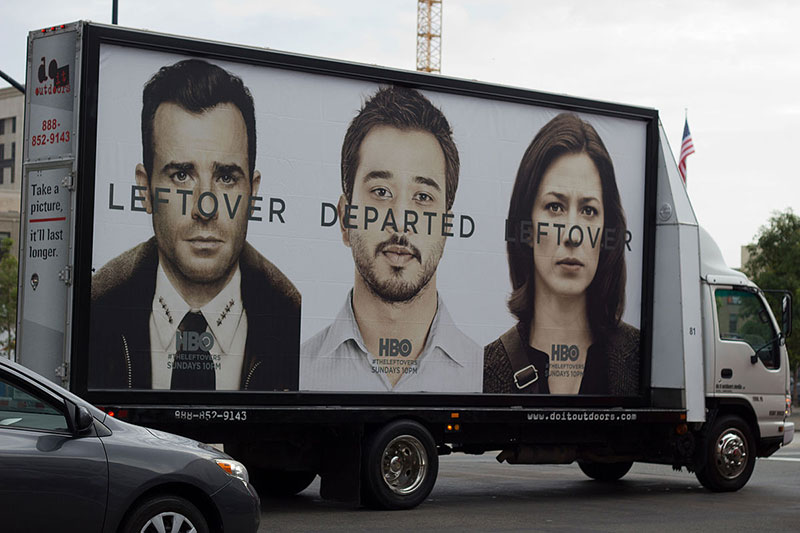
Jill Marshall People do things with texts, in fictional worlds and in the real world.
Religion in Hip-Hop, Part 2: Unpacking the Methodology
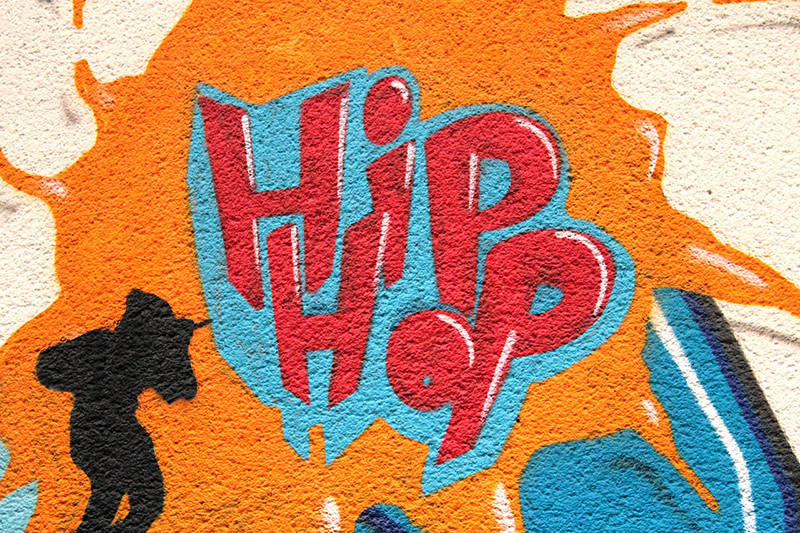
L. Benjamin Rolsky While a significant component of our collective work as scholars and historians of religion, the critical method cannot fully capture the data under study because it never fully touches the ground.
Religion in Hip-Hop, Part 1: Exploring the Religious History of Kendrick Lamar
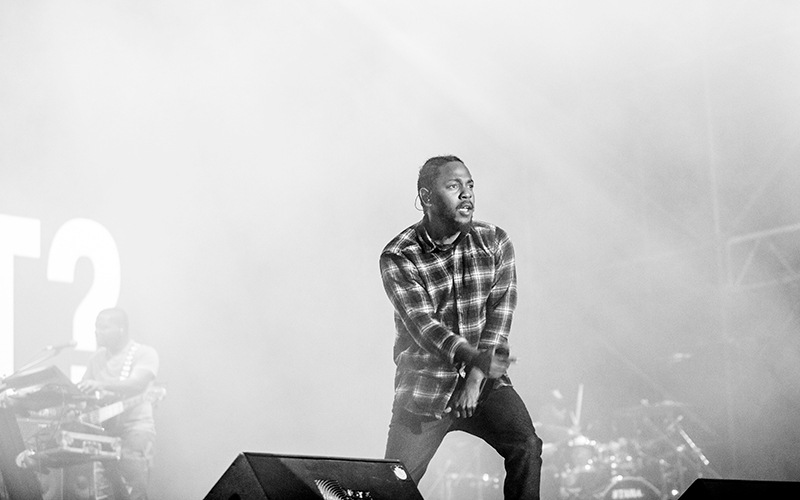
L. Benjamin Rolsky Lamar’s words may indeed be best understood through a method that foregrounds uses or functionality over content, but to read these words is to build an archive for millennial religiosity and spirituality in the twenty-first century through a nearly ubiquitous art form and commercial industry—hip-hop.
Watering the Roots of Mormonism: The Erie Canal’s Contribution to the Faith
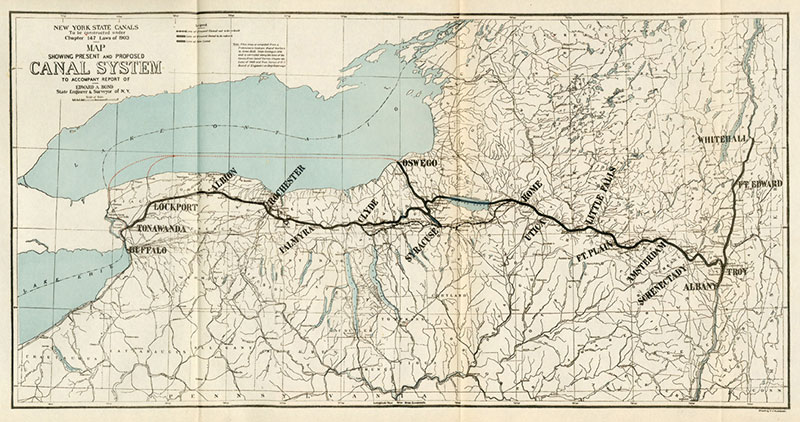
S. Brent Plate Religious groups took various routes out of the area, often seeking ever greener pastures to the west. Many groups that began along the canal, like the Mormons, Spiritualists, and Adventists, spread to remote corners of the globe.
Comedy Central’s “Nathan For You”: Kafka for Late Capitalism

Daniel Anderson Yet there is a deeper connection between Kafka and Nathan For You. It lies in their insight into the utter control their worlds’ institutions wield over people.
Eddie Glaude on Black Religious Life and Politics: Parts 2 and 3
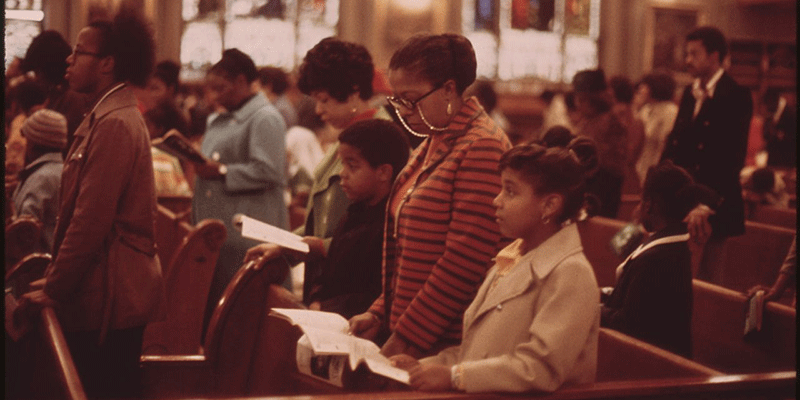
Glaude discusses here how African-American religious life can facilitate a response to political problems and he introduces a key concept called the “value gap,” or, “belief that white people are valued more than others,” from his latest book Democracy in Black.
The Rise of the Internet Witch
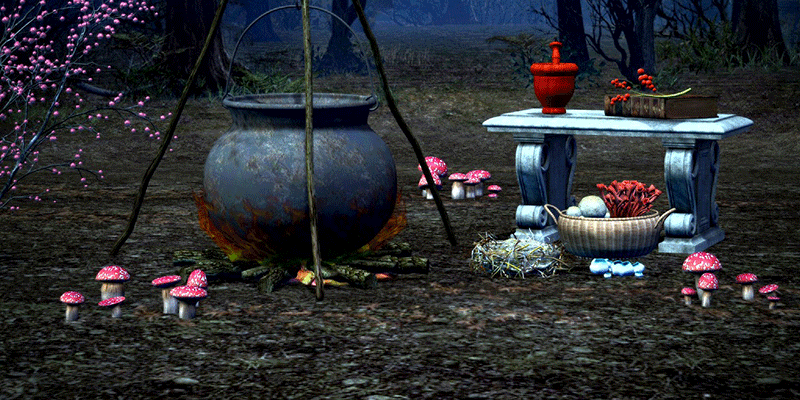
Audrey Lundahl Although witches are using the internet to connect and share with wider communities, the web is only one aspect of the wider interconnectedness of witchcraft.
Eddie Glaude on Race and The American Soul: Part 1
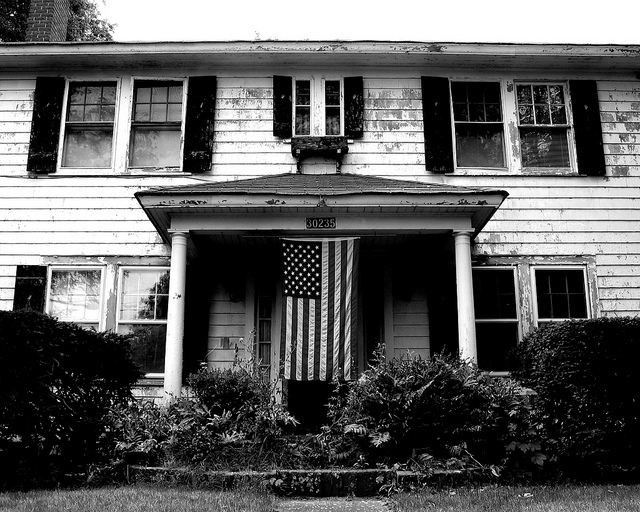
Beginning with a distinction between African American religions and African American religious life, Professor Glaude explains how black religious life and thought have historically entered public discourse to mediate matters of race and justice.
Christianity Meets State Shinto in Meiro Koizumi’s “Today My Empire Sings”
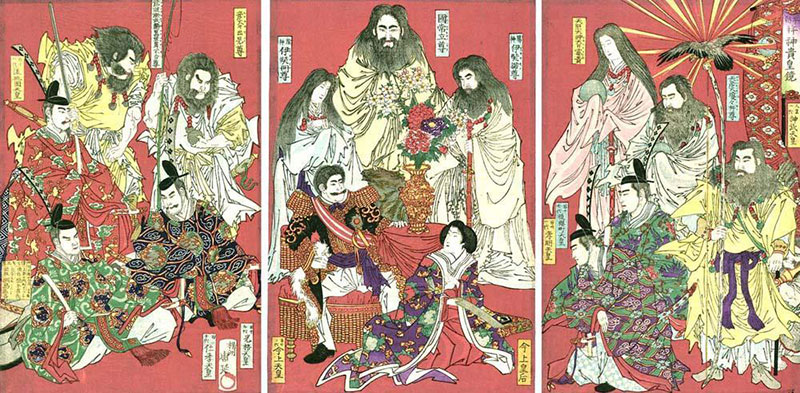
Jeremy Woolsey This story is a stark reminder of continuing taboos surrounding the emperor in contemporary Japan and the difficulties artists face in challenging them.
Christianity Floats Too: Why Christians Should Watch “It”
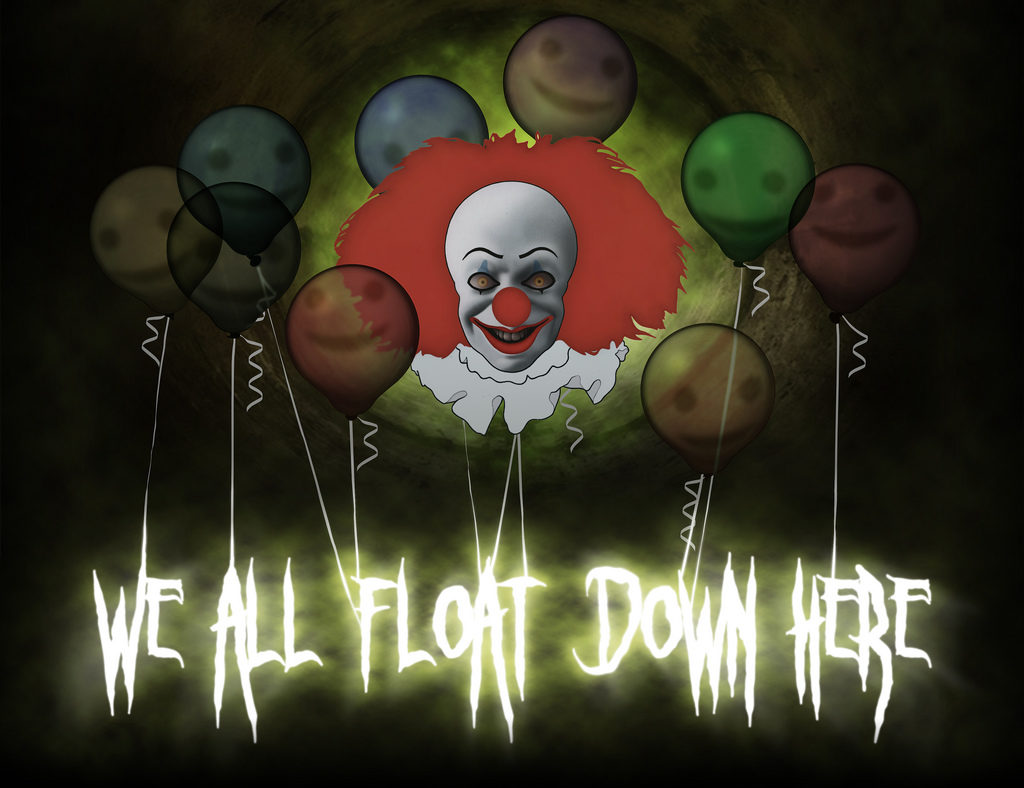
Daniel Anderson The town is philosophically Darwinian as it viciously works to separate its losers from its winners. Then, like pagans, it discards them as sacrifices to appease Pennywise.
